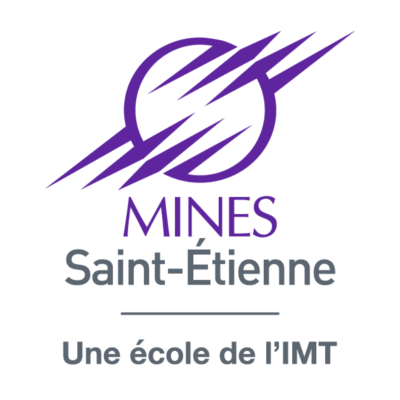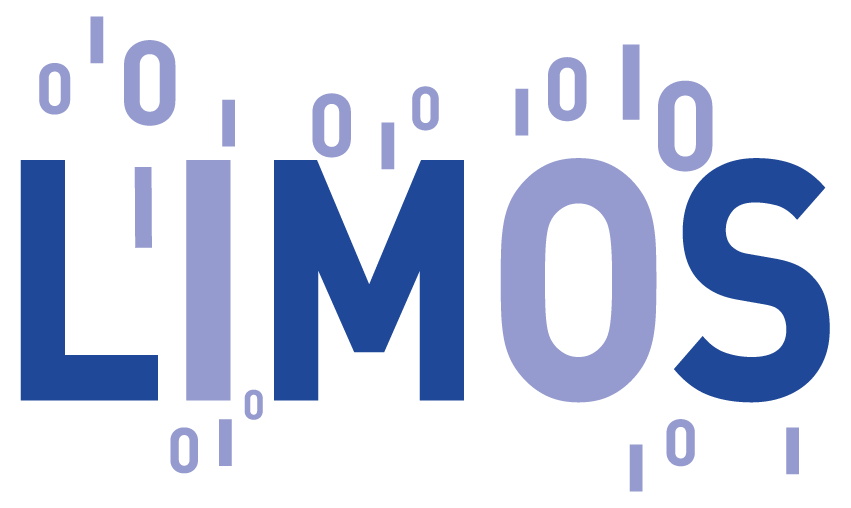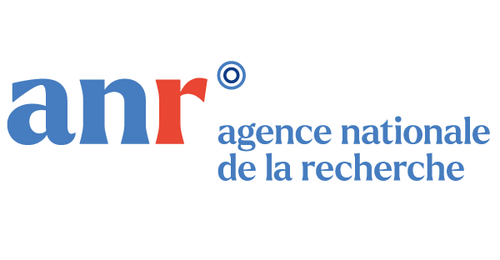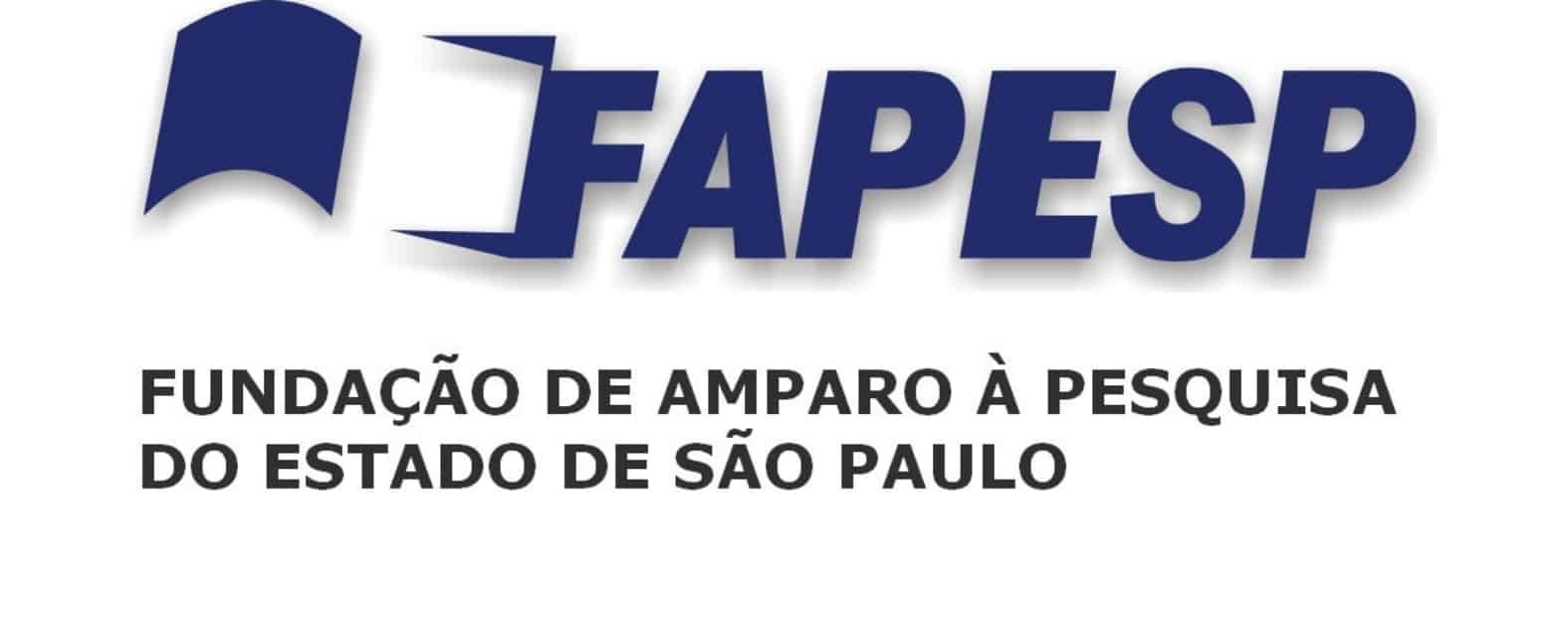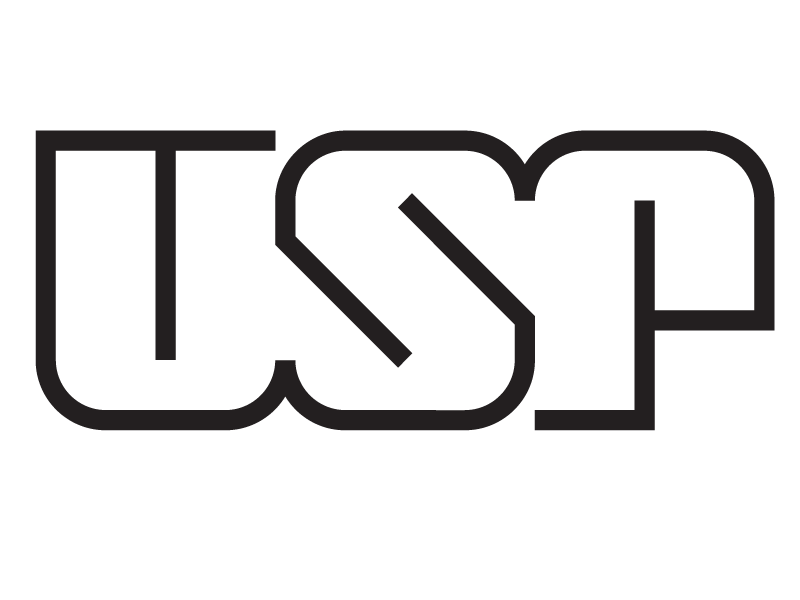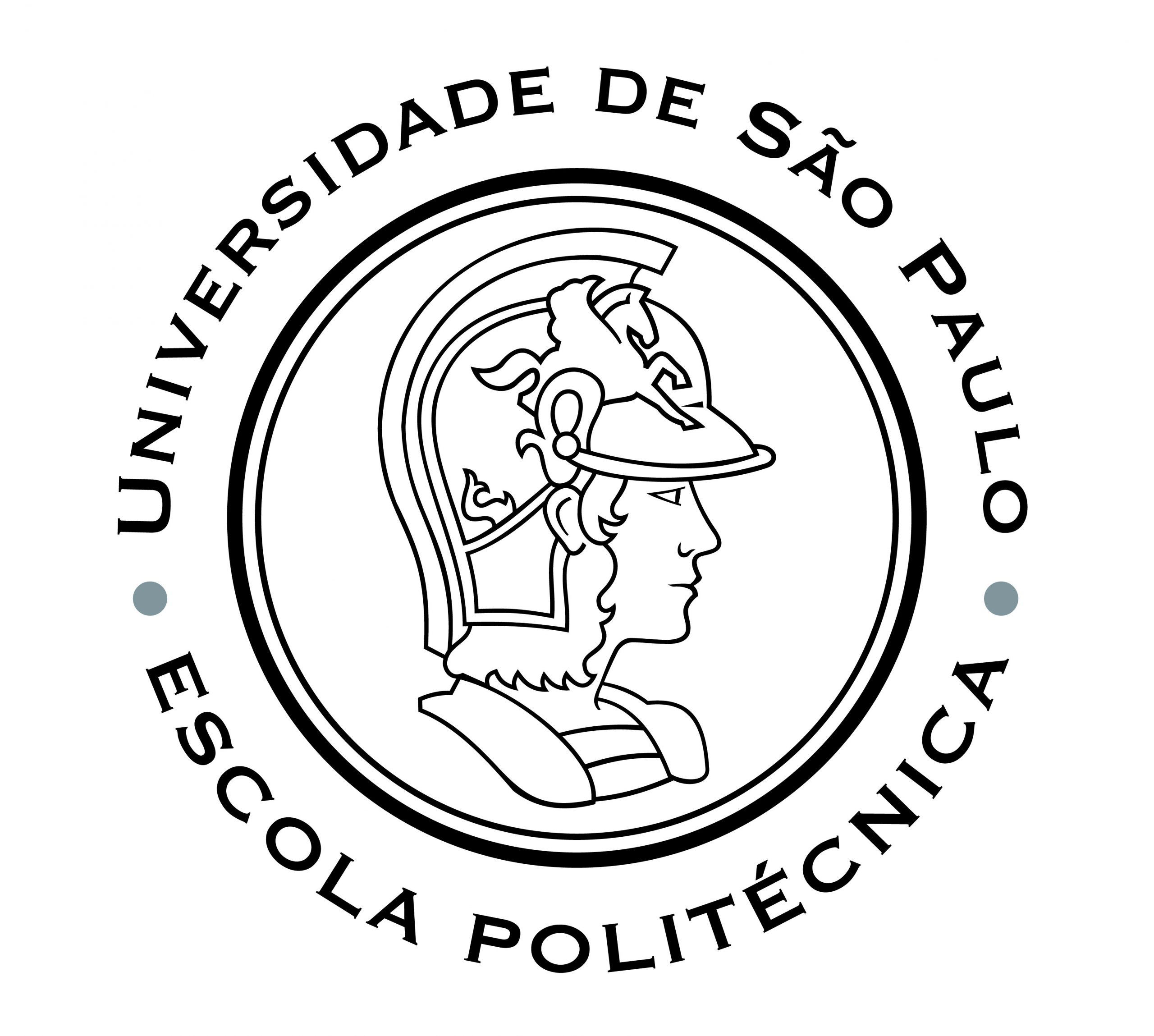Normative Artificial Intelligence for Regulating Manufacturing
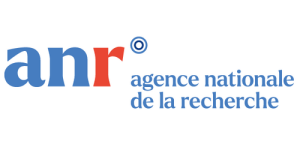
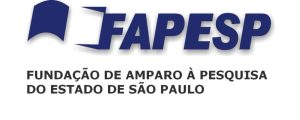
Modern manufacturing industries have a set of requirements that will enable them to enhance production and respond quickly to endogenous and exogenous changes sustainably
- Flexibility: adjust the manufacturing system to different situations and production environments
- Resilience: endow manufacturing systems with the capability to avoid, withstand, and recover from unexpected changes
- Trustworthiness: ensure that human beings and organizations trust and understand the functioning of the manufacturing system
- Sustainability: ensure that regulated manufacturing systems adapt to sustainability regulations
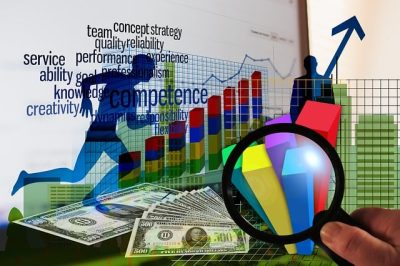

The NAIMAN project addresses these requirements by coupling industrial process modeling with normative aspects to define a set of design principles for governing manufacturing systems to operate trustworthy and sustainably, and to respond quickly and flexibly to endogenous and exogenous changes. Self-adjusting regulation mechanisms are proposed to put into action these principles, thus enabling humans oversee the system’s operation and decision-making process.
The theoretical contributions are applied in two use cases: Product-centric manufacturing and Zero-defect manufacturing. These use cases will be deployed in the industrial platforms IT’m Factory, DIWII and Fábrica do Futuro.
